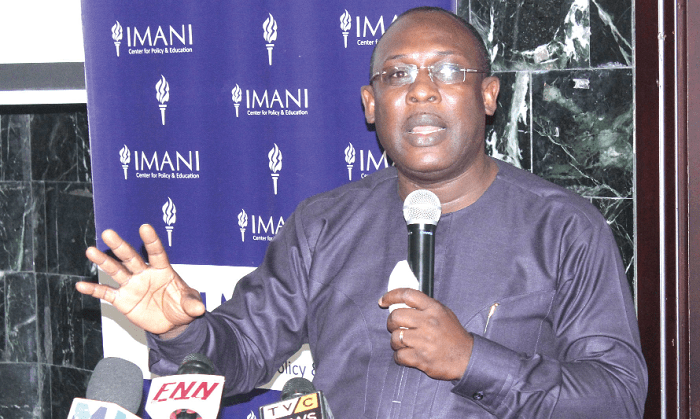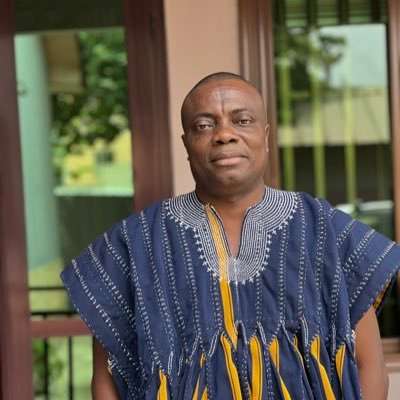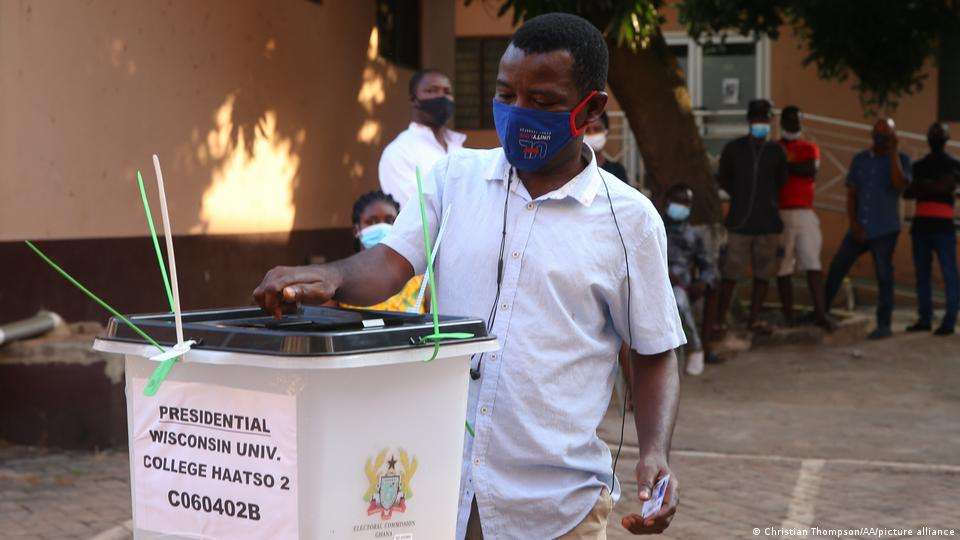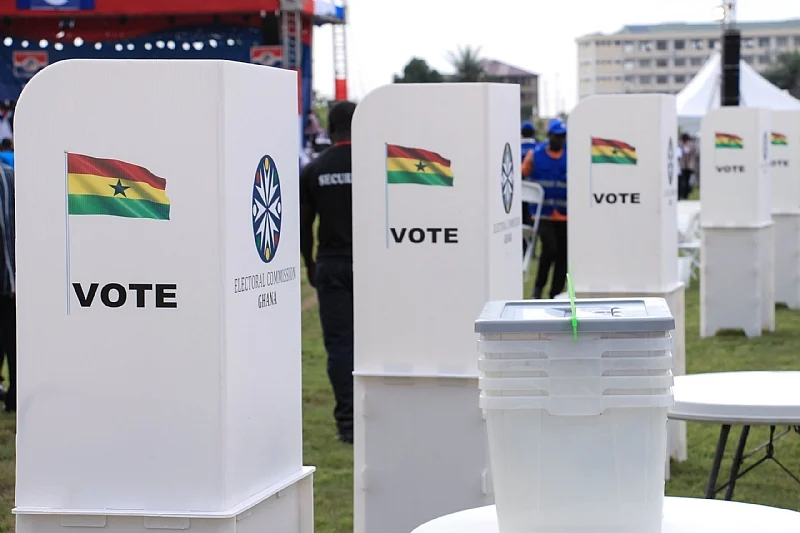The recent helicopter crash that claimed the lives of several public officials, including sitting Member of Parliament Hon. Ibrahim Murtala Mohammed, has sparked a renewed national debate on the conduct of by-elections in Ghana.
Prominent political figures, civil society leaders, and democracy advocates are weighing in on what many are calling a moral and constitutional dilemma between democratic continuity and respect for the dead.
One of the strongest voices in the debate is Dr. Prince Hamid Armah, former Member of Parliament for Kwesimintsim, who called for political parties to show restraint in the immediate aftermath of such losses.
In a passionate statement, he argued that the New Patriotic Party (NPP) should refrain from contesting the expected by-election in Tamale Central, while the National Democratic Congress (NDC) should similarly stand aside in Akwatia.
According to him, this would be a respectful and dignified way to honour those who died in service to the nation. “Honour their memory with silence, not slogans. Politics can wait. Dignity cannot,” he urged.
“Because you have a useless, insensitive constitutional provision that requires that you replace them within 30 days, whether buried or not. Which of our traditions does that? Ernest Kumi is in the morgue, the family is grieving and in deep pain, but others are campaigning.”
Dr. Prince Hamid Armah
Accordingly, he questioned the rigid approach to the constitutional requirement for by-elections, expressing concern over the lack of empathy during periods of national mourning.

He urged political actors and institutions to reflect on the human cost of such tragedies and called for a more compassionate and sensible response.
In light of the grief families are enduring, he stressed the importance of allowing time for healing before transitioning into political campaigns, asking pointedly why the nation cannot allow common sense and decency to guide its actions in moments of collective sorrow.
Reactions Split Across Civil and Political Lines
The call has sparked both agreement and resistance from various quarters. Kofi Bentil, Vice President of IMANI Africa, expressed strong support for Armah’s position.
He emphasized the need to prioritize dignity and honour over political ambition, particularly under the present sorrowful circumstances.
He reaffirmed his consistent stance on eliminating by-elections, emphasizing the significant financial burden and emotional strain they place on both communities and the broader political system.

In his view, establishing a more structured and less disruptive method of succession would serve the nation better.
“Under these circumstances, it is even more noble and apposite that NPP steps aside and allows a smooth process to replace these fallen MPs who died in service to the nation. Please, please heed this call. It will win you a ton of goodwill.”
Kofi Bentil
Democracy Versus Sentiment
However, the proposal is not without opposition. Some experts believe that tampering with by-elections in the name of grief sets a dangerous precedent for Ghana’s democracy.
Among them is Mussa Dankwah, pollster and Executive Director of Global InfoAnalytics, who voiced concern about sacrificing democratic values in favour of sentiment.
He argued that the death of an elected official, however tragic, should not deprive constituents of their right to choose a new representative through a transparent electoral process.

“The man the people elected is no more, and the people should be given the chance to choose from a variety of potential representatives. The cause of death should not be the basis of standing down in an election.”
Mussa Dankwah
Dankwah emphasized that by-elections are not only constitutional but fundamental to maintaining the democratic mandate, suggesting that any political party that steps aside could weaken voter engagement and accountability.
A Call For Constitutional Review On By-Elections
As the conversation continues to gain traction, it has become clear that the issue touches on broader concerns about the structure and flexibility of Ghana’s democratic system.
The 30-day by-election requirement—though intended to maintain functional representation in Parliament—has increasingly come under scrutiny for its failure to accommodate periods of national mourning.
With growing calls from both political and civil society actors, there is now a push for Parliament and constitutional experts to revisit the provision and explore reforms that respect both democratic continuity and human dignity.

In the meantime, Ghanaians remain divided. For some, stepping aside from elections in times of national grief reflects maturity, respect, and humanity. For others, it risks politicizing mourning and weakening the very foundations of democracy.
As Prince Hamid Armah, Kofi Bentil, and Mussa Dankwah continue to exchange views, the question remains: should the mechanics of by-elections be reformed to reflect the emotional and cultural realities of the nation?
The coming weeks may not only determine the outcome of specific contests in Tamale Central or Akwatia but could also shape how Ghana handles democratic transitions during times of tragedy for years to come.
READ ALSO: MTN Powers GSE Surge as Market Defies Slump in Turnover



















